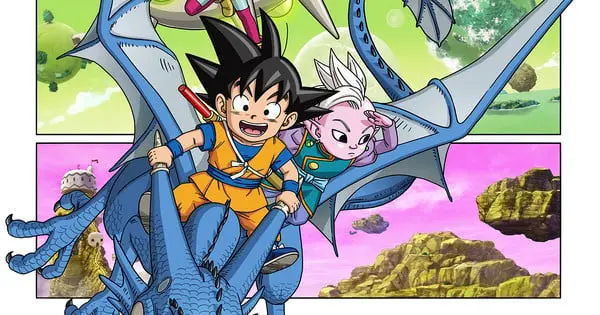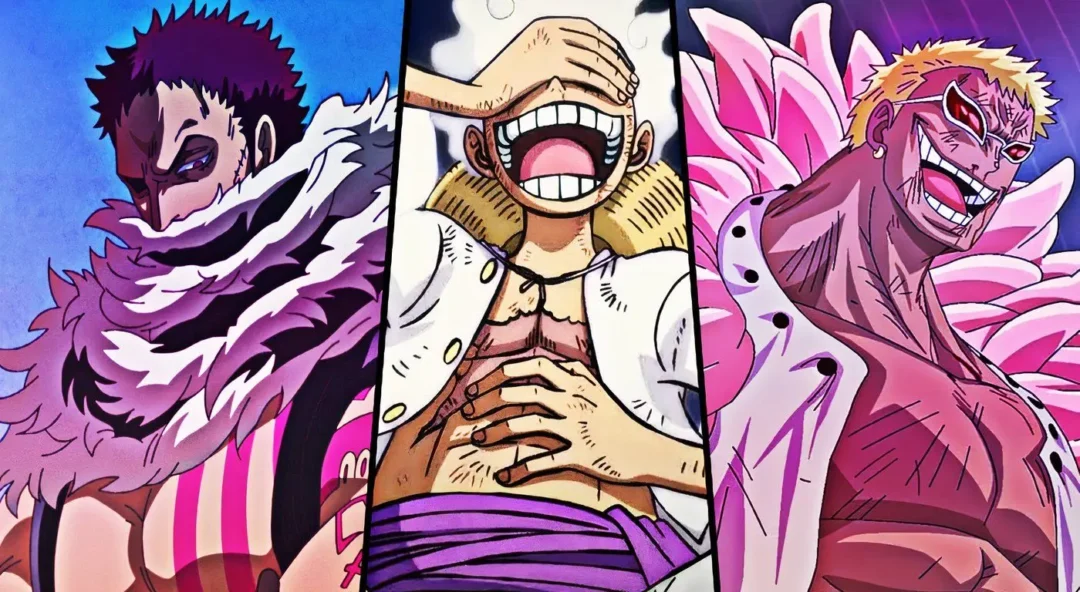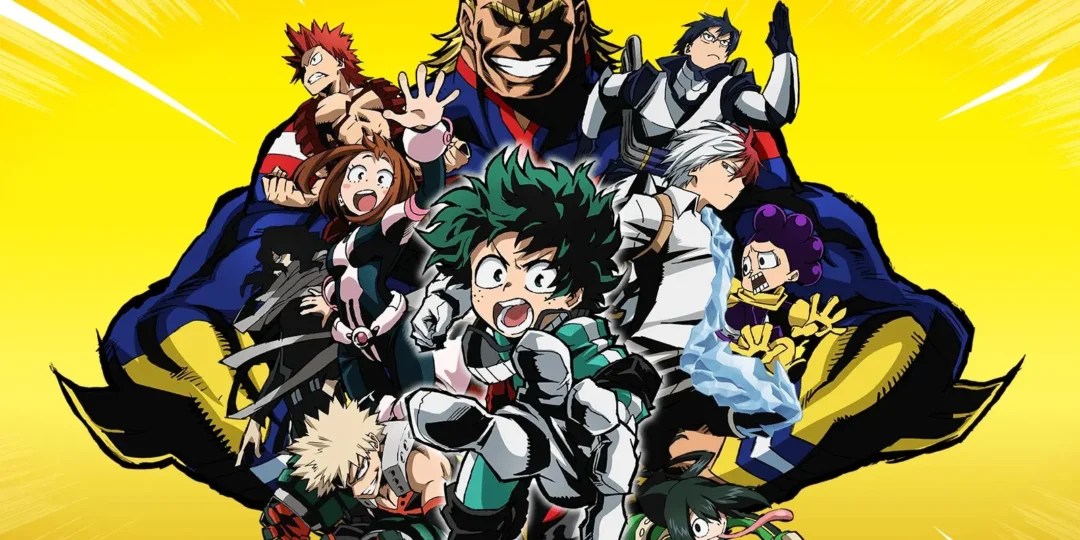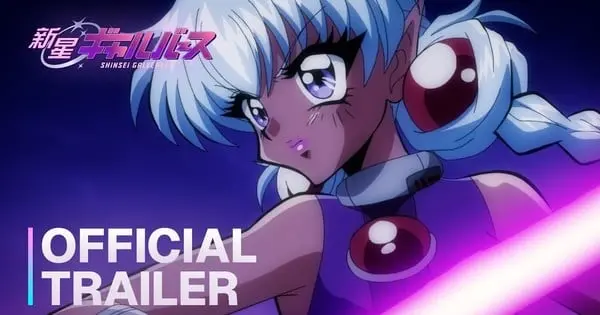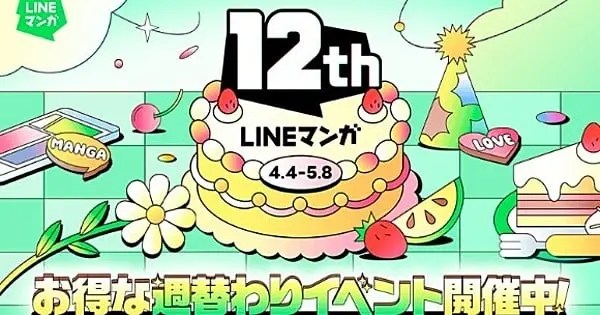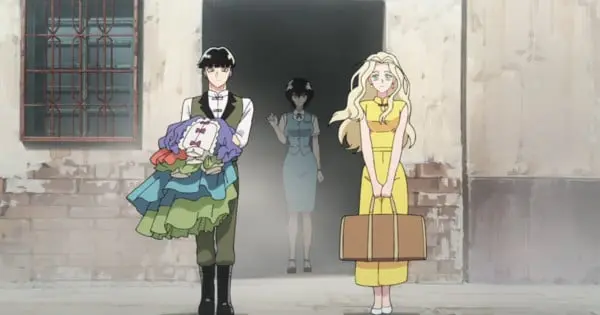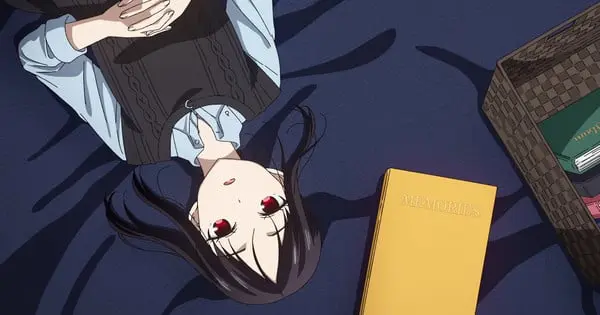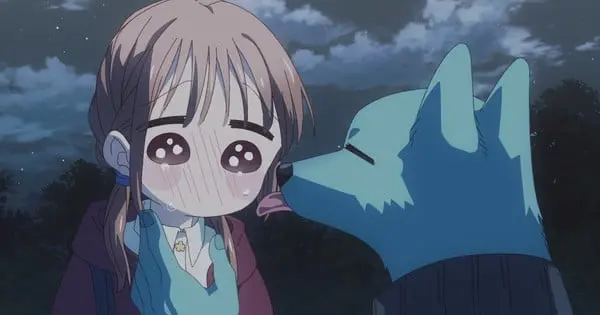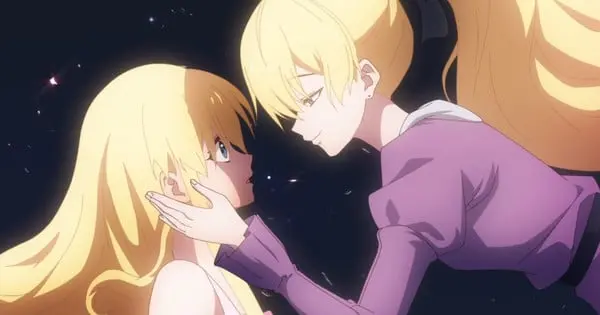Episode 11 of Kowloon Generic Romance delivers a whirlwind of revelations, solidifying fan theories and setting the stage for a tense finale. With major plot points confirmed and character arcs reaching pivotal moments, this episode leaves viewers reeling from the emotional fallout and eagerly anticipating the final resolution.
A Tense Turning Point
Episode 11 marks a significant shift in the narrative, confirming long-held suspicions about the nature of Kowloon 3.0. The episode dives deep into the mysteries surrounding the city, revealing its connection to Kudo’s memories and the regrets of its inhabitants. This episode is a “point of no return,” decisively pushing the story forward and raising the stakes for the remaining characters.
Kudo’s Control Confirmed
The episode confirms that the bizarre events within Kowloon 3.0 are directly linked to Hajime Kudo’s memories. Previously unexplained anomalies now have a clear origin. Streets Kudo hasn’t visited are blocked off, and a novel filled with gibberish reflects his skimming of its contents. Even the reappearance of Gwen’s cat shelter, which was missing, is triggered by Kudo learning about its existence. These revelations confirm that Kudo is, unknowingly, shaping the reality of Kowloon 3.0 through his own perceptions and memories.
Xiaohei’s Identity Crisis and Departure
One of the most heart-wrenching storylines in Episode 11 centers on Xiaohei. The episode reveals the adult Xiaohei is the older version of the younger Xiaohei, who exists because Kudo always perceived Xiaohei as a girl. When Gwen corrects Kudo’s misconception, little Xiaohei disappears, overwritten by Kudo’s corrected perception. This leads to a painful identity crisis for the adult Xiaohei, who feels like an impostor, while the younger version lived freely.
However, Xiaohei finds solace in Yaomay’s encouragement and accepts his true self, embracing his love for frilly clothes, even in his adult form. Together, Xiaohei and Yaomay decide to leave Kowloon, realizing they no longer need the nostalgic comforts of the city. This departure signifies their freedom from regret, as Yulong earlier intuits that only people harboring profound regret can see and interact with Kowloon 3.0.
As they leave, Xiaohei’s frilly dresses dissipate, symbolizing the shedding of their regrets, and they are forever separated from Kowloon and their friends within it. For Yaomay, this is a bittersweet moment, as she loses her close friendship with Kujirai A, who inspired her to seek her “absolute self.”
Yaomay’s Pursuit of Self
Throughout the episode, Yaomay realizes she has been living more for Kujirai A than for herself, dedicating her efforts to helping her friend find her “absolute self.” This realization empowers her to pursue her own true self, promising to confront her mother’s control and forge her own path. This decision leads her to leave Kowloon with Xiaohei, signifying her break from the past and her commitment to a future of her own making.
Gwen and Kudo’s Confrontation
Amidst these emotional departures, Gwen finally confronts Kudo at the Goldfish Teahouse, pressing him about his knowledge of Kowloon’s origins. Kudo calmly reveals what he knows, overlapping their pasts and thoughts, and gradually unveiling the reason behind the creation of Generic Kowloon. This reunion is charged with tension, as Gwen seeks answers and Kudo’s revelations begin to peel back the layers of the city’s enigmatic purpose.
Lingering Questions and Foreshadowing
Episode 11 leaves several questions unanswered, increasing the anticipation for the final episodes.
- Kujirai’s Fate: With Yaomay and Xiaohei gone, Kujirai is left alone within Kowloon, facing potential threats from Yulong and her isolation. Her ability to survive outside of Kowloon remains uncertain.
- Kudo’s Relationship to Kowloon: The mechanics of Kudo’s connection to Kowloon 3.0 are still not fully understood. Is there a possibility for Kujirai’s survival outside of Kowloon?
Themes and Analysis
- Regret and Nostalgia: The episode reinforces the theme of regret as the driving force behind Kowloon’s existence. Only those burdened by regret can perceive and interact with the city. Xiaohei and Yaomay’s departure signifies their triumph over regret, allowing them to move forward and leave Kowloon behind.
- Identity and Self-Acceptance: Xiaohei’s storyline explores the theme of identity and self-acceptance. Initially struggling with his conflicting desires and the loss of his younger self, Xiaohei eventually embraces his true self, finding the courage to leave Kowloon and pursue a future where he can be authentic.
- The Power of Memory: The episode highlights the power of memory in shaping reality. Kudo’s memories directly influence the events and environment within Kowloon 3.0, demonstrating the profound impact of the past on the present.
Manga vs. Anime
Some reviews point out that the anime adaptation diverges from the manga in its handling of certain reveals, particularly regarding Kudo’s control over Kowloon. In the anime, the deletion of Xiaohei directly results from Kudo’s realization, whereas the manga presents this information differently. These discrepancies raise questions about how the anime will conclude, especially since it is approaching the end of its run while the manga is still ongoing.
A Bittersweet Conclusion?
With only two episodes remaining, the ending of Kowloon Generic Romance is uncertain. One possibility is that Kudo will accept Kujirai as she is, allowing them to find happiness together, perhaps even outside of Kowloon. Another, more bittersweet ending suggests that Kudo may have to accept that Kujirai is merely a memory, allowing both of them to move forward and find peace separately. Some viewers believe a bittersweet ending would be more fitting, honoring the themes of loss, acceptance, and the importance of creating one’s own “absolute self.”
Episode 11 of Kowloon Generic Romance is a pivotal episode filled with emotional turmoil, major reveals, and significant character development. As the series heads towards its conclusion, viewers are left pondering the fate of Kujirai, the true nature of Kowloon, and the ultimate message of this hauntingly beautiful story.

